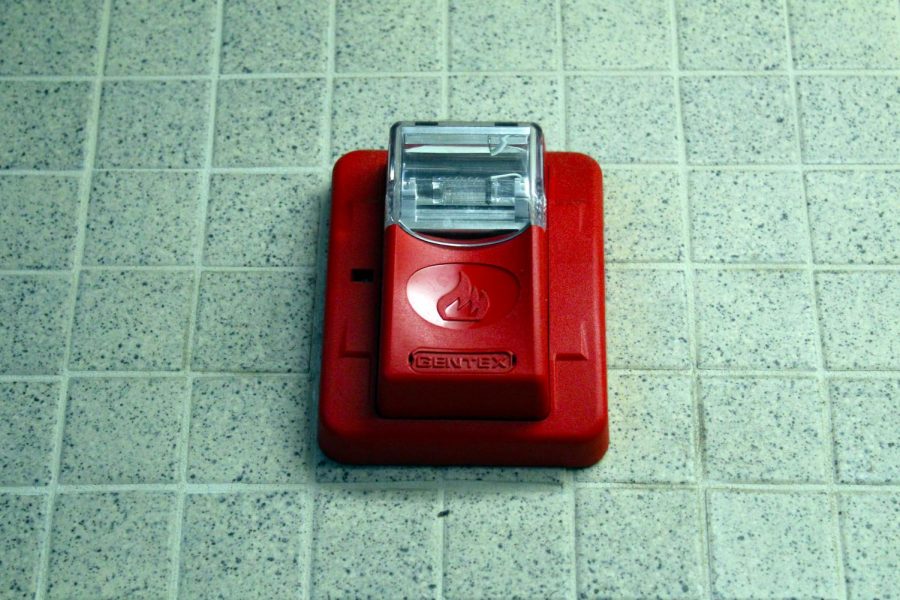Fire Alarms at Huntington Beach High School
On February 14, 2018, a gunman pulled the fire alarms at Stoneman Douglas High School. He opened fire on the students and teachers as they exited their classrooms, ultimately killing 17 people and wounding another 17. It has been the deadliest high school mass shooting incident in the history of the United States.
The effects of this tragedy can be seen across the country. Our school, Huntington Beach High School, has implemented a new rule ever since the shooting: when the fire alarm is pulled, everyone goes into a “shelter in place” until the situation is determined to be a false alarm or an actual threat. According to Yale University’s Emergency Management, “shelter in place means finding a safe location indoors and staying there until you are given an ‘all clear’ or told to evacuate.”
This rule is a wise precaution, but the fire alarm has been falsely pulled numerous times since its enactment. Due to its frequency, many students don’t take the school fire alarms seriously; many students will carry on to their next class rather than staying inside to wait for the “ok” from administration. Sure, it’s most likely someone with nothing better to do than to pull the alarm for their own amusement, but there is always the possibility that it is something far worse.
Upon bringing the topic up at the front office, Penny Reed, a member of Huntington Beach High School’s hardworking Supervision team, stated that “if it’s a school rule, that’s what you’re going to do. It needs to be taken seriously.” The school has implemented this policy for the safety of both staff and students, so it should not be taken lightly.
Ideally, school shootings and other dangerous situations would not be an issue in the first place, but the reality is that school can quickly become a very dangerous place. It is imperative that students stop pulling fire alarms as pranks and only view them as the safety tools they are intended to be. We all need to use the school’s resources properly and take potentially life-saving policies seriously.
Your donation will support the student journalists of Huntington Beach High School. Your contribution will allow us to cover our annual website hosting costs.
Thank you for supporting our program!







